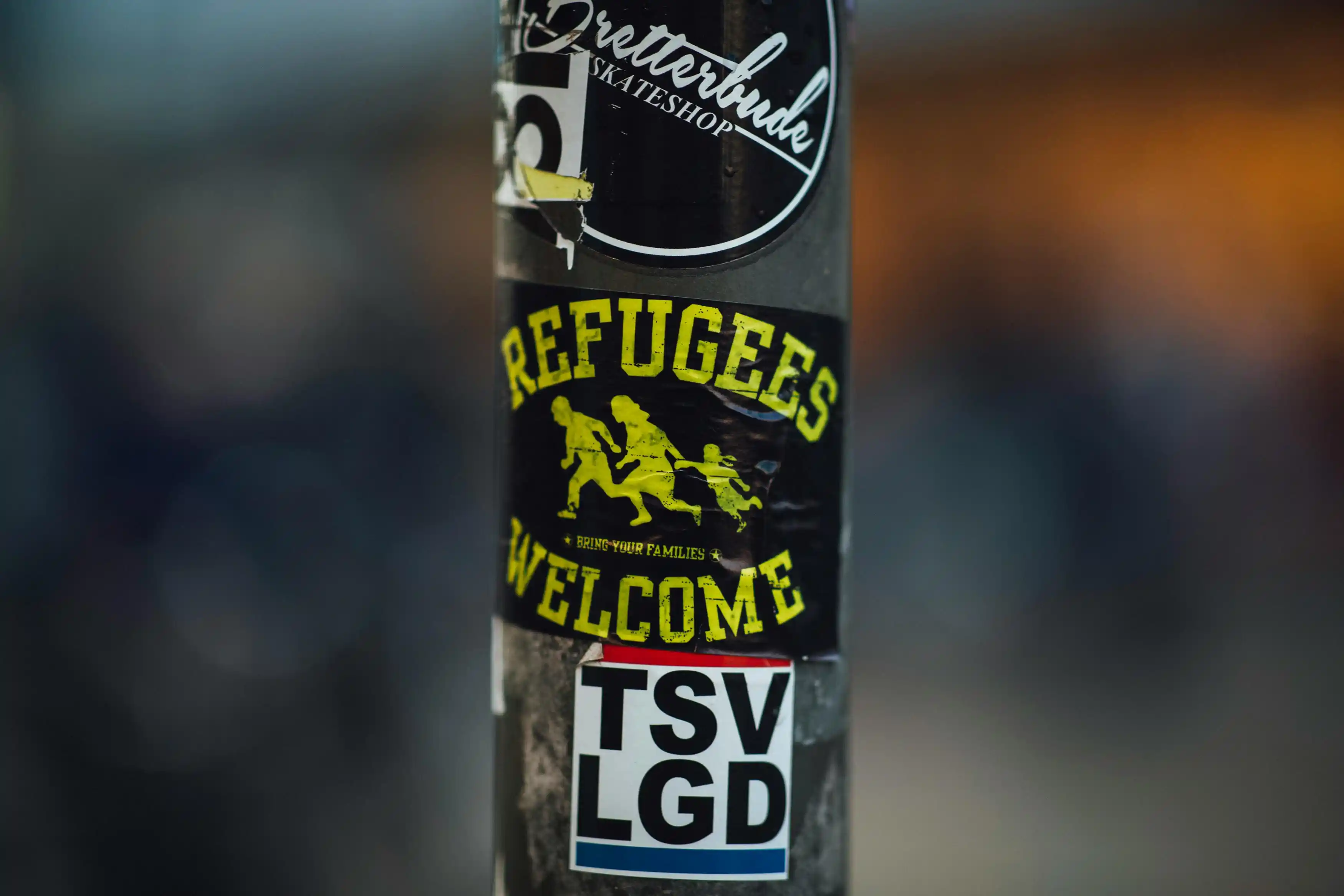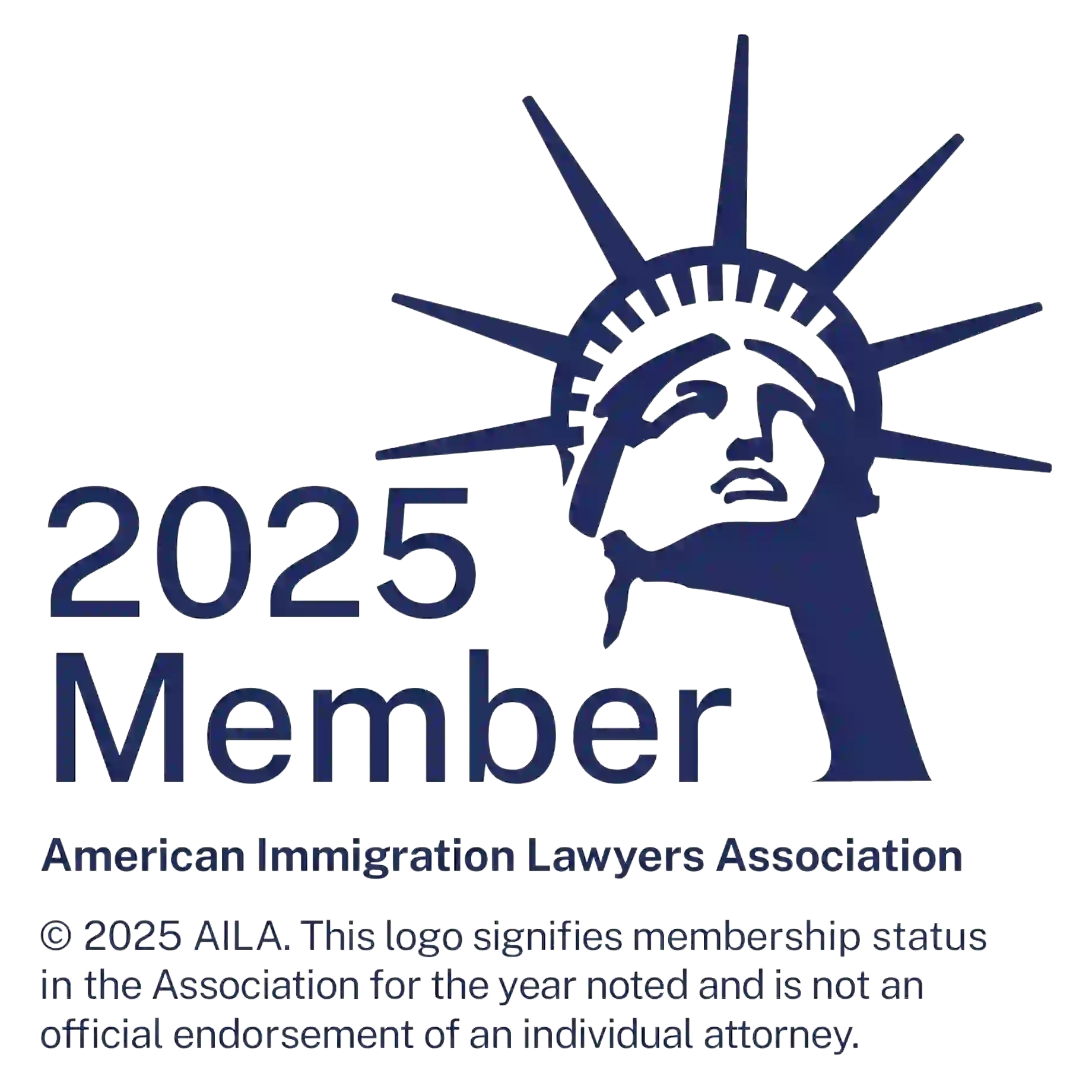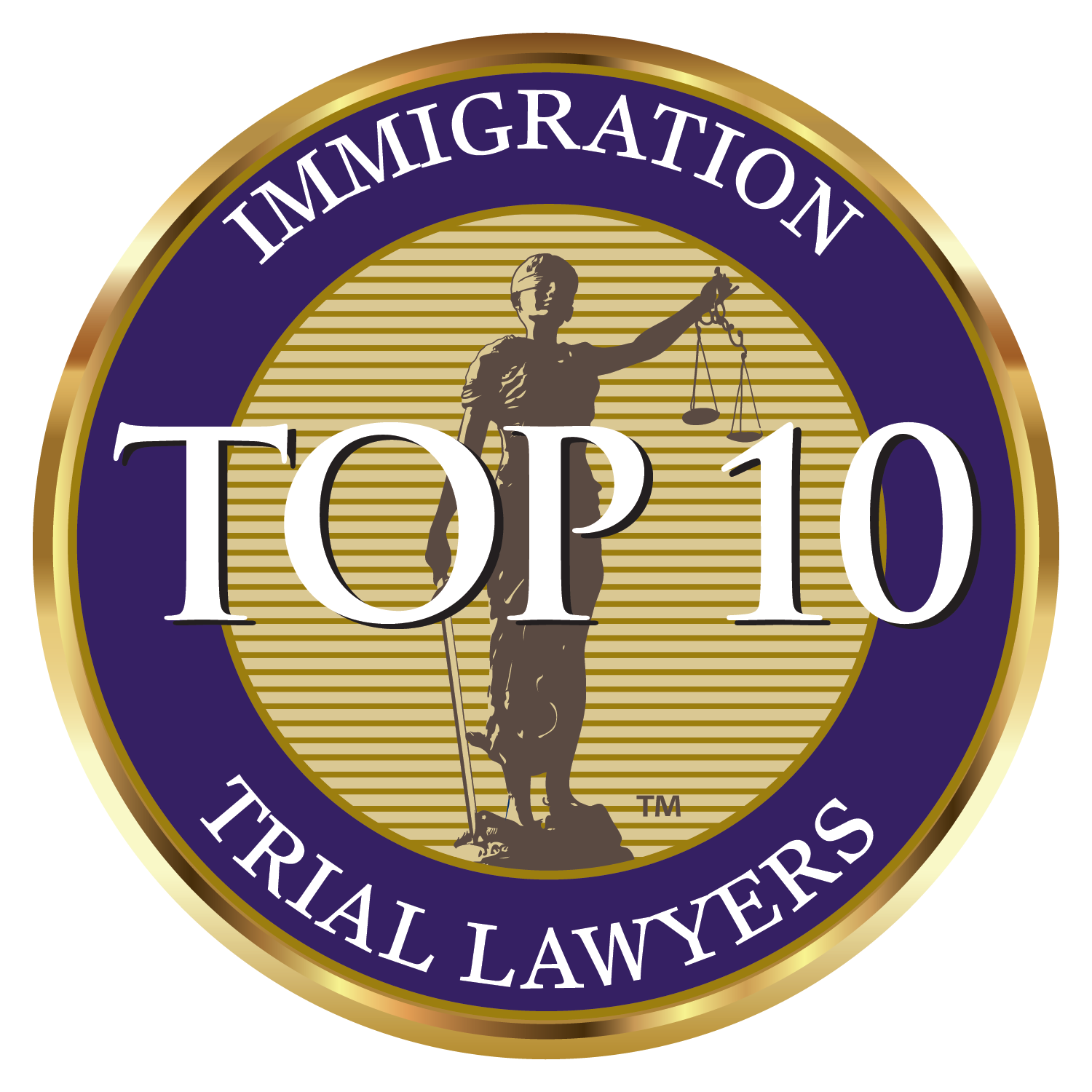Asylum and Refugee Law

Asylum and Refugee Law
Asylum and refugee law offers vital protection for individuals fleeing persecution in their home countries based on race, religion, nationality, political opinion, or membership in a particular social group. These individuals must demonstrate a well-founded fear of persecution if forced to return. In the United States, the asylum process allows eligible applicants to remain lawfully while their case is reviewed. For many, this legal path provides the first real opportunity for safety, stability, and freedom.
Applying for asylum involves gathering detailed evidence, submitting forms to U.S. Citizenship and Immigration Services (USCIS), and often attending an interview or hearing. The process can be complex and emotionally taxing, which is why legal representation is crucial. Experienced immigration attorneys can help applicants present a strong case, avoid procedural mistakes, and understand their rights at every stage. Successful asylum cases can ultimately lead to permanent residency and, eventually, U.S. citizenship.
Supporting Your Family’s Future
Take the First Step –
Complete the Form Below
All consultations are paid consultations. For more information regarding your immigration matter, please call us at 908-888-0029.
For general inquiry please fill out the form below. Thank you
What Brings You Here? Select a Focus
What You Need To Know About Asylum and Refugee Law
What is Asylum and Refugee Law?
Asylum and refugee law provides protection for individuals fleeing persecution in their home countries. These laws allow people who are at risk of persecution based on specific grounds such as political opinion, religion, nationality, race, or membership in a particular social group to remain in the U.S. The U.S. government grants asylum to individuals who meet these criteria and who can prove a well-founded fear of persecution if they return to their home country.
Asylum is granted to individuals already in the U.S., whereas refugee status is available to those who apply for protection while still outside the country. Both statuses can lead to lawful permanent residency (a green card) and eventually citizenship.

Categories of Asylum
Affirmative Asylum: Individuals applying for asylum through the affirmative process are already in the U.S. and are not in removal proceedings. These applicants submit their asylum applications to USCIS and attend an interview with an asylum officer. If USCIS denies the application, the individual is placed into removal proceedings, where they can apply for defensive asylum before an immigration judge.
Defensive Asylum: Defensive asylum is for individuals in removal proceedings who use asylum as a defense to avoid deportation. They submit their asylum application to the immigration court, where a judge determines whether the applicant qualifies for asylum protection.
Withholding of Removal: If an applicant is not eligible for asylum but can prove a risk of persecution, they may qualify for withholding of removal. This form of protection prevents deportation but does not provide a path to a green card or citizenship.
Convention Against Torture (CAT) Protection: CAT protection is available to individuals who fear torture if returned to their home country. Applicants must prove that they are more likely than not to be tortured by or with the consent of the government of their country.
The Process of Seeking Asylum
Filing the Asylum Application: Asylum seekers must file Form I-589 within one year of their arrival in the U.S. or within a reasonable time if they face extraordinary circumstances. Late applications are generally denied unless the applicant can show good cause for the delay.
Credible Fear Interview (for Asylum Seekers at the Border): Individuals arriving at U.S. borders or in detention must first pass a credible fear interview with an asylum officer. This interview helps determine if they have a legitimate fear of persecution.
Asylum Interview or Court Hearing: After the application is submitted, the applicant will either have an asylum interview with a USCIS officer (for affirmative cases) or appear before an immigration judge (for defensive cases). In this hearing, the applicant must prove their claim of persecution with credible evidence.
Decision: After hearing all evidence and testimony, the asylum officer or immigration judge will issue a decision. If granted asylum, the individual is allowed to remain in the U.S., receive employment authorization, and eventually apply for a green card. If denied, the applicant may appeal the decision or seek other relief.
Appeals Process: If an asylum application is denied by the immigration judge or USCIS, the applicant can appeal the decision. The appeal process involves presenting the case to the
Board of Immigration Appeals (BIA): or to a higher federal court if necessary. These appeals are critical to challenging the legal reasoning or facts of the case and ensuring that the individual’s claim is thoroughly examined.
Granting Asylum: If granted asylum, the individual may apply for permanent residency (a green card) after one year of being granted asylum. After holding a green card for five years, they may apply for U.S. citizenship. Asylum provides long-term protection from deportation, as well as access to government benefits like healthcare and financial assistance.
Refugee Status: Refugees applying from outside the U.S. undergo a rigorous vetting process, including interviews with U.S. consular officers and extensive background checks. Once approved, refugees can enter the U.S. with legal status, much like individuals granted asylum, and they can eventually apply for a green card after one year of residence.
Common Reasons for Denial of Asylum
Lack of Credibility: A lack of consistency in the applicant's testimony or documentation can lead to a denial. It is crucial to provide credible and consistent evidence supporting the asylum claim.
Failure to Meet the One-Year Filing Deadline: Individuals must file their asylum applications within one year of arriving in the U.S., with exceptions for extraordinary circumstances. Missing this deadline can result in automatic denial.
Past Persecution or Fear of Future Persecution: Applicants must show they have been persecuted or fear persecution due to specific reasons such as race, religion, nationality, political opinion, or membership in a particular social group.
Criminal History or Security Concerns: Applicants with serious criminal histories or those deemed a threat to U.S. national security may face denial of asylum.
Inconsistent Documentation: Applicants must provide clear, authentic evidence of the threats they face. Poor or inconsistent documentation can lead to skepticism and denial.
Contact an Immigration Lawyer
The Role of Gorostiaga Law Firm in Asylum and Refugee Cases
Assessment of Eligibility: We evaluate the client’s case to determine eligibility for asylum or refugee status, considering factors such as the risk of persecution or specific circumstances.
Legal Representation in Hearings: We represent clients in all stages of the asylum process, including asylum interviews, court hearings, and appeals.
Evidence Gathering: We assist in gathering critical documentation, including affidavits, expert opinions, and country condition reports, to support claims of fear or persecution.
Appeals and Post-Grant Services: If asylum or refugee status is denied, we help clients navigate the appeals process and pursue additional relief options.
Recognized for Excellence in Immigration Law
Gorostiaga Law Firm is recognized for its dedication and excellence in immigration law. Its founder, Virginia Gorostiaga, has earned a place among the Top 10 Immigration Law Trial Lawyers and is a proud member of the American Immigration Lawyers Association (AILA), reflecting the firm's high standards and commitment to the field
Supporting Children’s Rights Through KIND
At Gorostiaga Law Firm, we believe in standing up for the most vulnerable—both in and out of the courtroom. As part of that mission, the firm proudly supports Kids in Need of Defense (KIND), a nonprofit organization dedicated to protecting the rights of unaccompanied and separated children.
KIND provides trauma-informed legal and social support to children navigating the immigration system alone. The firm's recent donation, driven by its commitment to social justice, helps further KIND's vital work, which includes direct legal assistance, advocacy for stronger child protections, and a commitment to compassionate, child-centered care
Solutions Built Around Your Needs
From complex cases to personal guidance, Gorostiaga Law Firm is your trusted partner in creating a secure future.
Testimonials
"My husband and I had a great experience with Virginia and her team. Members of the team are fluent in spanish- As a spanish speaking person I really appreciate how easy that made it to understand and follow the process even better. Anytime we had a question or concern they were very easy to reach and always made us feel very comfortable. 100% would recommend to work with them, you won’t regret it!"
- Maria Jose Meneses Meza

"I would recommend all my friends and family to Gorostiaga Law. Virginia is effortless at what she does and genuine lawyer who does things the right way from day one. Thank you for all your time you put on my case Virginia. Take care and hopefully I come back to seek for your legal advise soon."
- Rahin Ahmed

"Ms Gorostiaga is a conscientious dedicated judicious attorney. Ms Virginia Gorostiaga treats each of her clients with a level of respect and compassion that makes you feel valued and understood and lets you know that you will be treated with the utmost professionalism and dedication. I hope one day that Ms Gorostiaga will be more than my attorney, she will be a trusted faithful lifelong friend! I am trusting her with my life and my legacy"
- Edel Quinn

Our Dedicated Immigration Services in New Jersey
At Gorostiaga Law, we are dedicated to guiding you through the complexities of immigration law with compassion and expertise.
Our services include:
Reuniting families is at the heart of what we do. We assist with family petitions, fiancé visas, and other processes to bring your loved ones closer, providing compassionate guidance every step of the way.
Our firm supports businesses and professionals navigating the complexities of immigration law. We help secure work visas and employment-based green cards, facilitating growth and long-term success.
Facing removal proceedings can be daunting, but our experienced team is here to protect your rights and build a strong defense to help you remain in the U.S.
Citizenship and Naturalization
From permanent residency to citizenship, we simplify the naturalization process and ensure you meet all requirements for becoming a U.S. citizen.
Deferred Action for Childhood Arrivals (DACA)
We assist eligible individuals brought to the U.S. as children with applying for or renewing their DACA status, helping secure their futures and remain lawfully in the country.
For those seeking safety from persecution, we provide comprehensive support to apply for asylum or refugee status in the United States, offering experienced, client-focused representation.
Frequently Asked Questions
What services does Gorostiaga Law provide?
Gorostiaga Law specializes in immigration law, offering services such as family immigration, business immigration, naturalization. Our dedicated team provides personalized support to navigate the complexities of the immigration process. We strive to ensure our clients achieve their legal goals efficiently and effectively.
How can I schedule a consultation?
You can schedule a consultation by visiting our website and filling out the contact form. Alternatively, you can call our office directly to speak with a member of our team. We are here to assist you in setting up a convenient appointment.
What should I bring to my consultation?
During your consultation, please bring relevant documents such as your passport, visa, and any immigration paperwork you have. This information will help us better understand your case and provide tailored advice. If applicable, bring any additional documentation related to your family or business immigration needs.
How long does the immigration process take?
The duration of the immigration process varies based on the specific type of application and the current workload of immigration authorities. Our team will provide you with an estimated timeline during your consultation, considering your unique circumstances. We aim to keep you informed and updated throughout the entire process.
Do you offer services in multiple languages?
Yes, our team at Gorostiaga Law is multilingual and can assist clients in English, Spanish, Portuguese, Hindi, and Gujarati. We believe that clear communication is crucial for a successful legal experience. Our goal is to ensure that all clients feel comfortable and fully understand the legal process.
How do I know if I have a civil case worth pursuing?
If you’ve experienced financial loss, property damage, a contract breach, or reputational harm, it may be worth pursuing legal action. We offer consultations to help you evaluate the merits of your case and your best path forward.





